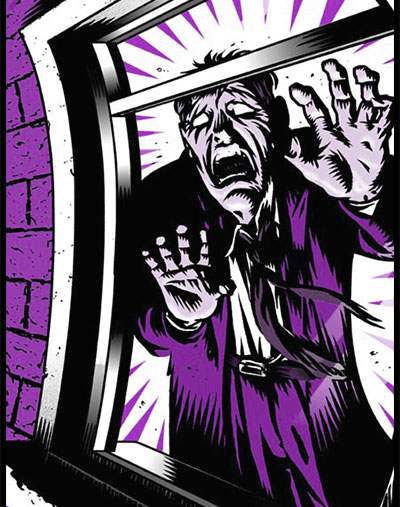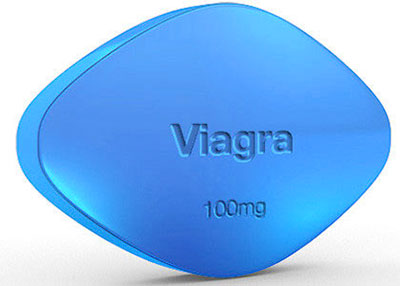Parke Davis, the business that used before it merged with Pfizer to promote Neurontin, has been accused of encouraging its use for various off-label indications.

As psychiatrists, we understand a lot about off-label uses of Neurontin, because it’s just approved for just two signs, neither of them psychiatric: postherpetic neuralgia and epilepsy. This does us prevent from using it an awful lot, though, present business comprised. Common psychiatric uses comprise: insomnia, anxiety disorders, bipolar disorder, alcohol detox, and cocaine addiction. Inquire just about any shrink on the road, and she or he will declare it is powerful treatment for at least some patients with these issues. Sadly, placebo-controlled studies of Neurontin have seldom corroborated the outcomes of anecdotal encounters or open label trials.
Various letters to small case series, leading journals, and uncontrolled clinical trials in the late 1990’s seemed to glowingly back Neurontin as an effective treatment for mixed mania, acute mania, bipolar depression, and schizoaffective disorder. But, most of US endured a nasty reality check when the placebo-controlled trials began rolling in.
Neurontin would be a perfect agent for stress. It’s structurally much like GABA, that is the chief inhibitory neurotransmitter in the central nervous system. Remember that those two infamous anti- ethyl alcohol, benzodiazepines and anxiety agents, their main activity is exerted by both by stimulating GABA receptors in various manners. Neurontin’s mechanism of activity is not as clear, but it seems to modulate GABA without causing withdrawal or tolerance, unlike its anti-stress cousins. However, is it successful? Sadly, the evidence is short. And then there are the other for panic disorder, one for social phobia, as well as just two randomized controlled studies. Both were financed by Parke Davis, were well-designed, and were somewhat underwhelming within their results. The social phobia study randomized 69 socially phobic patients to either Neurontin (typical dose an extremely high 2868 milligrams daily) or placebo. Neurontin-treated patients had a 32% response rate higher in relation to the 14% placebo response rate. Not very notable, particularly in comparison to typical reaction rates of 50% or more seen in studies of benzodiazepines and SSRIs . The panic disorder study was even more depressing: no difference whatsoever between placebo and Neurontin.
What to say about Neurontin for stress? It’s a side effect profile that is great, it causes no drug-drug interactions, it’sn’t addictive, and many clinicians reading this have seen strong anxiolytic reactions with their particular eyes. If just the data would catch up!

